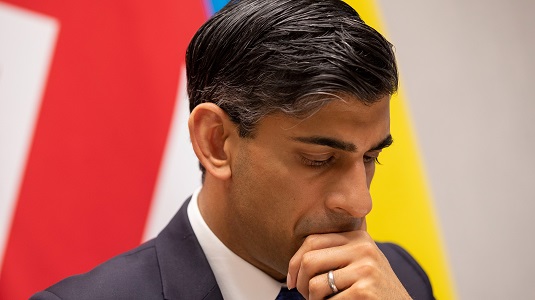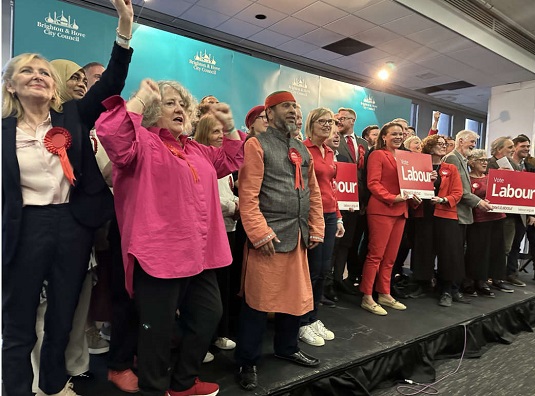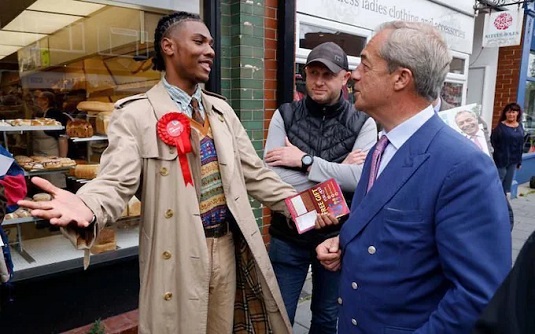
This quarter 229,003 votes were cast in 101 local authority contests. All percentages are rounded to the nearest single decimal place. 13 council seats changed hands. For comparison you can view Quarter One's results here.
Party | Number of Candidates | Total Vote | % | +/- Q1 | +/- Q2 2023 | Average | +/- Seats |
Conservative | 95 | 62,188 | 27.2% | +0.0 | -3.7 | 655 | 0 |
Labour | 91 | 76,654 | 33.5% | +9.4 | +1.4 | 842 | +3 |
Lib Dem | 84 | 42,088 | 18.4% | -8.3 | -2.3 | 501 | -1 |
Green | 73 | 23,456 | 10.2% | +1.8 | +1.2 | 321 | +1 |
SNP* | 5 | 4,457 | 1.9% | +0.8 | +1.4 | 891 | 0 |
PC** | 1 | 286 | 0.1% | -1.0 | +0.1 | 286 | 0 |
Ind*** | 44 | 13,567 | 5.9% | -2.1 | . +0.9 | 308 | -2 |
Other**** | 43 | 8,065 | 3.5% | +2.2 | +1.1 | 188 | 0 |
* There were five by-elections in Scotland
** There were three by-elections in Wales
*** There were eight Independent clashes
**** Others consisted of Alba (107), Common Ground (573), Communist Party of Britain (47), Coventry Citizens Party (128), Fateham Residents (307), Heritage (36), Liberal (22), Party of Women (42), Peterborough First (1,307), Propel (292), Reform (417, 232, 212, 141, 128, 90, 88, 82, 18), Scottish Family Party (136), Scottish Libertarian (25), Socialist Alternative (86), South Devon Alliance (523), Sovereignty (41, 12), Tattenham and Preston Residents (1,318), TTIP (150), TUSC (151, 82, 72, 57, 48, 30, 33, 20, 19, 7), UKIP (259, 50), Workers' Party (198, 46, 20, 11)
And there is our final quarter before the general election. The commentary for June's by-election results applies here, though interesting to see the decline in Liberal Democrat support while the Greens, as forecast, continue to slowly increase the size of their footprint. The Conservatives are, of course, flattered by these results.
Next quarter there is a big bang of by-elections on 4th July with very little after then, including comparative few vacancies. Once July is out of the way, August and September are looking quite empty. It will be interesting to see how well Labour does as it takes office and how long a honeymoon, if there is one, will last.
Image Credit

